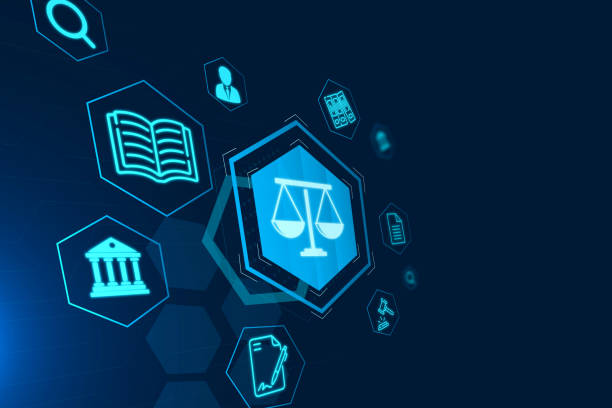How to do a criminal background check?
Criminal background checks have become increasingly important in today's world, with significant implications for employment, personal safety, and informed decision-making. Understanding the process and available methods can help individuals and organizations access critical information about a person's criminal history. This comprehensive guide will walk you through the essential steps and considerations for conducting a criminal background check.

Why Are Criminal Background Checks Important?
Statistical evidence highlights the significance of background screening. Notably, 1 in 3 adults has a criminal record, and over 90% of employers conduct criminal background checks to ensure workplace safety and make informed hiring decisions. These checks provide crucial insights into an individual’s past legal history and potential risks.
Methods for Conducting a Criminal Background Check
There are several approaches to obtaining criminal background information:
-
Online Public Records Search
-
Access state and county court records
-
Use official government websites
-
Check state-specific criminal databases
-
-
Professional Background Check Services
-
Comprehensive national and state-level searches
-
Detailed reporting
-
Verified and up-to-date information
-
Legal Considerations and Privacy Rights
Criminal background checks must comply with federal and state regulations:
-
Fair Credit Reporting Act (FCRA) guidelines
-
State-specific privacy laws
-
Consent requirements for background checks
-
Limitations on using criminal history for decision-making
Reliable Sources for Criminal Background Checks
| Provider | Type of Search | Typical Coverage | Estimated Cost |
|---|---|---|---|
| GoodHire | Comprehensive | National & County | $30-$75 |
| BeenVerified | Online Search | Multiple Databases | $25-$50 |
| US Search | Public Records | State & Federal | $20-$60 |
Prices, rates, or cost estimates mentioned in this article are based on the latest available information but may change over time. Independent research is advised before making financial decisions.
Stay Informed with Public Records Access
Accessing public records requires careful navigation:
-
Verify search accuracy
-
Use official government websites
-
Understand search limitations
-
Respect legal and ethical boundaries
Conclusion
Criminal background checks are an essential tool for making informed decisions. While the process can seem complex, understanding the available methods, legal considerations, and reliable sources can help individuals and organizations conduct thorough and responsible searches.




